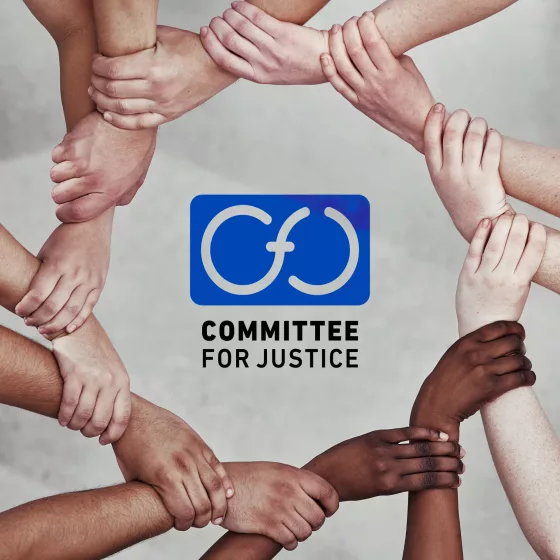Who are we
The Committee for Justice (CFJ) is an independent association dedicated to the defense of human rights, based in Geneva, Switzerland. Established in 2015 by a diverse group of human rights advocates, CFJ is committed to supporting victims and human rights defenders who are vulnerable to violations.

Vision:
Creating a supportive environment that empowers victims of human rights violations to seek accountability and reparation, and to deter future violations.
Mission:
Developing and implementing effective mechanisms that protect and defend the victims of human rights violations, through providing them with direct and indirect forms of support, in addition to working in accordance with the mechanisms of dealing with the past; in order to be able to support a future transitional justice phase.

Strategic goals:
The objectives were rephrased in view of the CFJ three core objectives:
- Protecting and defending human rights victims on the long-term through implementing mechanisms for dealing with the past to serve the transitional justice phase.
- Supporting human rights victims over a short period of time.
- Supporting and empowering human rights defenders to operate safely and professionally.
